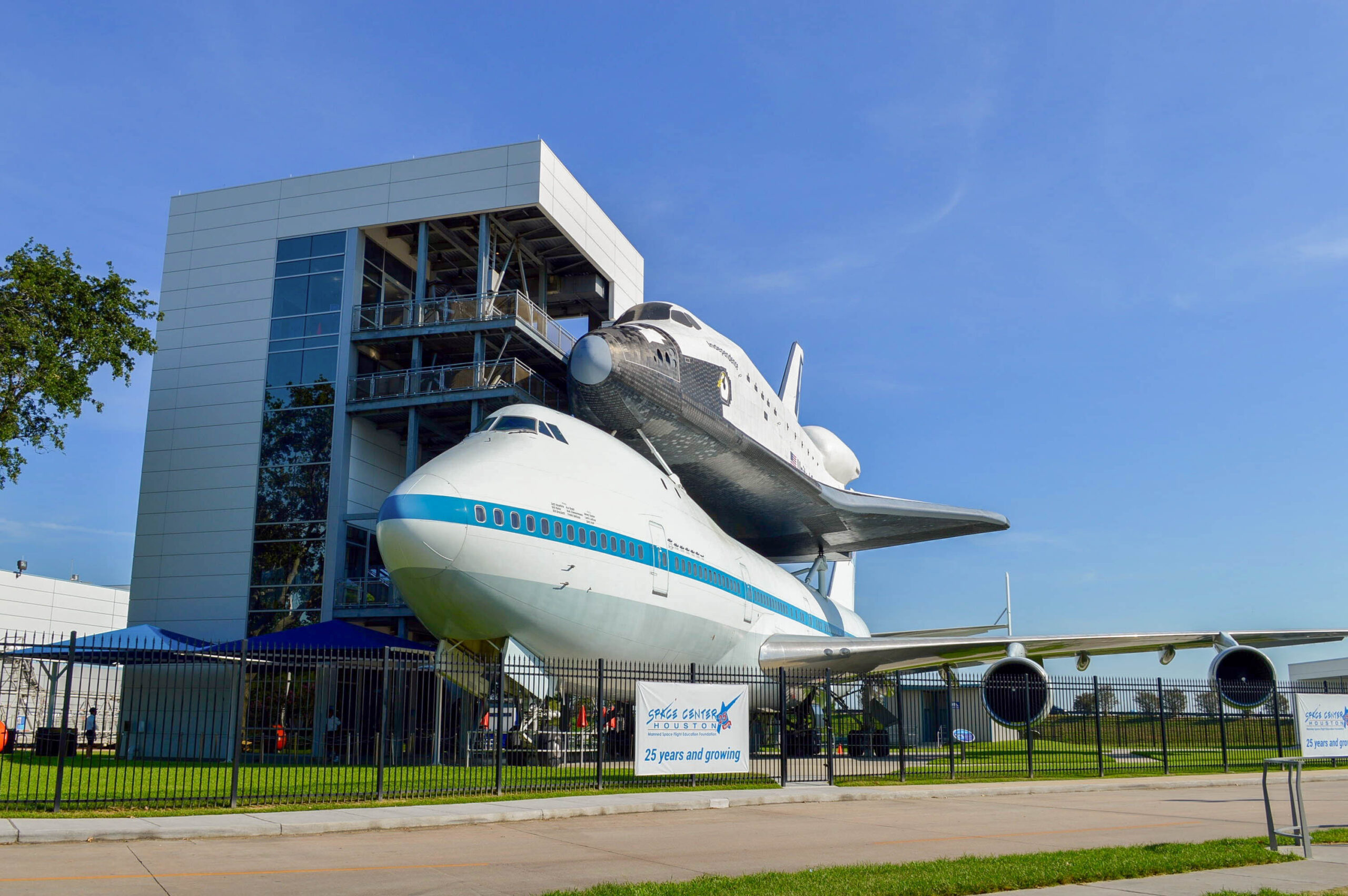yanomami.net – Houston, Texas, fondly known as “Space City,” holds a unique place in aerospace history. From its pivotal role in the Apollo missions to its ongoing contributions to space exploration, Houston’s legacy in aerospace is both rich and enduring. This article delves into the history, present, and future of Houston’s aerospace endeavors, exploring why this city remains at the forefront of space exploration.
The Birth of Space City
Houston’s journey to becoming Space City began in the 1960s when NASA selected the city as the site for its Manned Spacecraft Center, now known as the Johnson Space Center. This decision was influenced by Houston’s existing infrastructure, political support, and its proximity to universities and technical resources. The presence of this center cemented Houston’s role in space exploration, making it the nerve center for America’s space missions.
The Apollo Era
The Apollo program marked a golden era for Houston. The city was the command hub for the historic Apollo 11 mission, during which Neil Armstrong took humanity’s first steps on the moon. The famous words, “Houston, Tranquility Base here. The Eagle has landed,” echoed around the globe, forever linking the city to one of mankind’s greatest achievements.
Beyond Apollo: Space Shuttle and ISS
Following the successes of the Apollo missions, Houston continued to play a critical role in the space shuttle program. The Johnson Space Center became the home for shuttle mission control, overseeing numerous flights that expanded human knowledge and capabilities in space. Additionally, Houston has been instrumental in the development and operations of the International Space Station (ISS), fostering international collaboration in space science and technology.
The Present: A Hub for Innovation
Today, Houston is not just about NASA. The city has become a hub for private aerospace companies and innovation. With the establishment of the Houston Spaceport, the city is poised to lead the next wave of space exploration and commercialization. Companies like Axiom Space and Intuitive Machines are setting up operations, promising new advancements in lunar exploration and commercial space travel.
Educational and Cultural Influence
Houston’s aerospace legacy extends beyond technology and innovation. The city is home to Space Center Houston, a leading science and space exploration learning center. This educational institution inspires curiosity and passion for space among visitors and students alike, ensuring that future generations are prepared to continue Houston’s legacy in aerospace.
Conclusion
Houston’s legacy as Space City is one of innovation, exploration, and inspiration. From its historic role in the Apollo missions to its present and future as a leader in space innovation, Houston continues to be a beacon of aerospace achievement. As the city embraces new technologies and collaborations, its contributions to space exploration are set to reach new heights, promising exciting adventures for generations to come.
